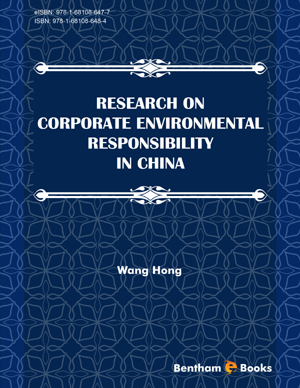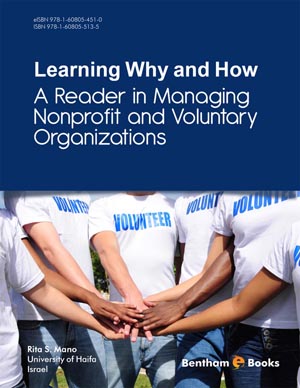Abstract
The discussion on Corporate Social Responsibility (CSR) has evolved from the classical concept into the modern one of CSR. Many scholars, such as Bowen, Carroll, Frederick, Drucker and Wood, have contributed various viewpoints to define it. It has gone beyond the previous business scope and transferred to the responsibilities of stakeholders, concerning shareholders, employees, consumers, communities, customers, government, etc. The moral constraints are essential for the business operation in globalisation. It is not only the business operation philosophy, but also the management evaluation system constraining the internal enterprises, including the business partner behaviour. It not only highlights the technical progress for seeking profit, but also shows concern for the people, environment and the influence on the society in the process of production. With the social and economic development and the corporate boundaries expansion, enterprises will pay more attention to stakeholders. Corporate Environmental Responsibility (CER) is defined such that enterprises take into account their own behavior on the natural environment and adopt a responsible attitude to reduce their own negative externalities down to the possible level with the aim at becoming “resource saving” environmental enterprises in economic activities. CER has been an important aspect among the well-known theories: the notion of sustainable development, the theory of social contract, legitimacy, stakeholder, circular economy and externality, etc. Undoubtedly, CSR is a very extensive topic. CER is the core. Through literature review, the evolution progress is clearly visible, when the enterprises change from “economic man” to “social man” and to “environmental man”.
Keywords: Corporate environmental responsibility (CER), Corporate social responsibility (CSR), Economic, Ethical, Evolution, Legal, Philanthropic, Theory.










.jpg)

